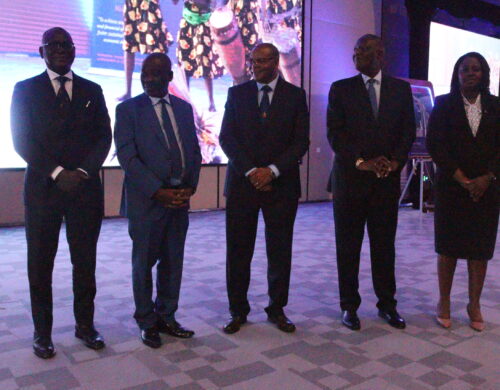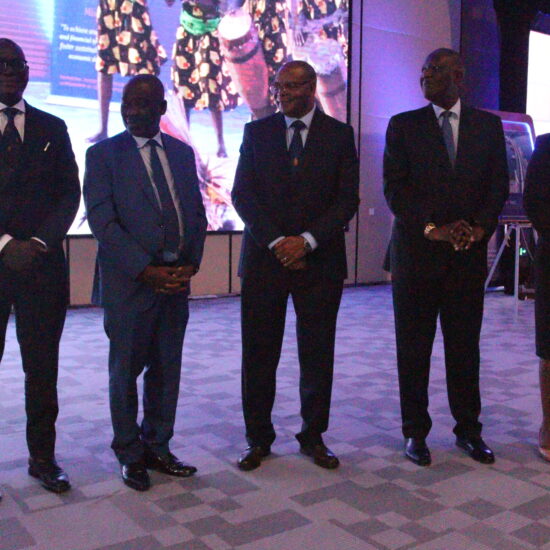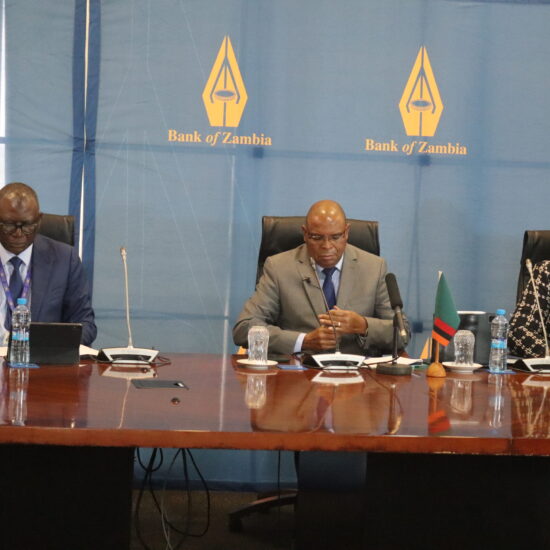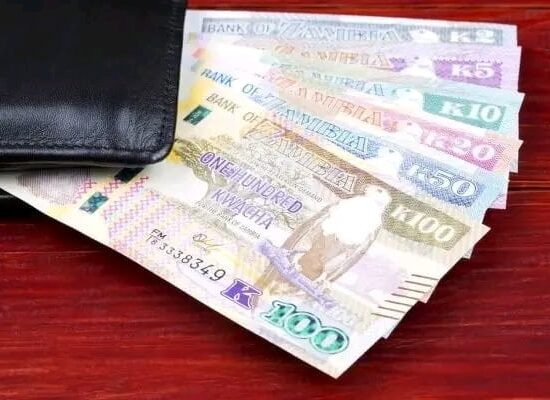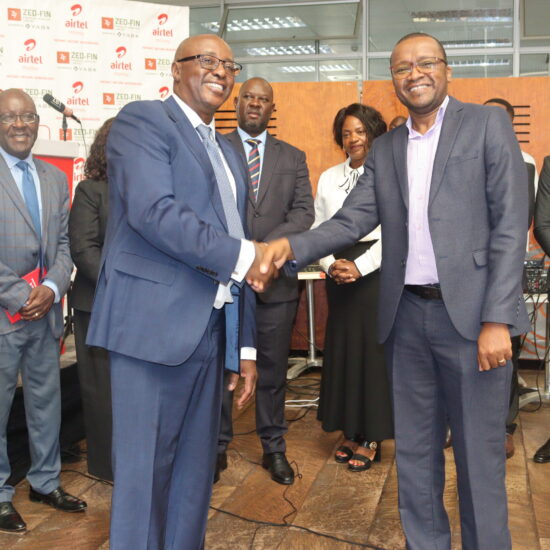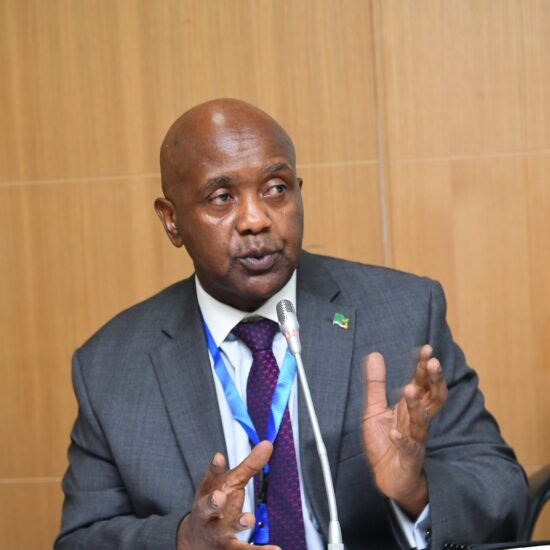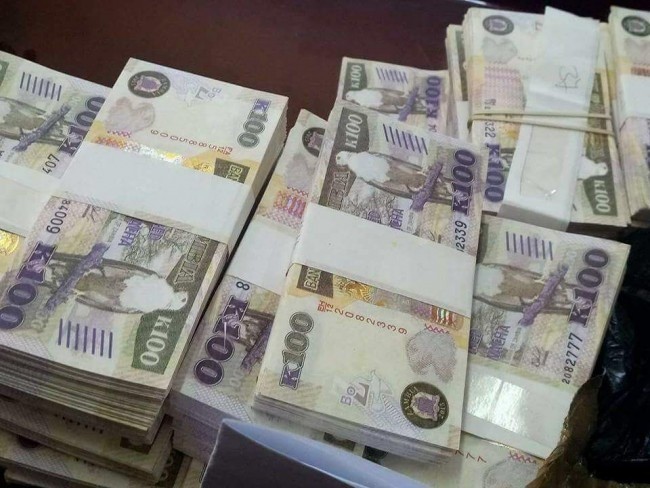
Zambia’s internationally renowned economist and business consultant has attributed the current Kwacha appreciation to improved US dollar liquidity on the local market coupled with continued build up and increase in international reserves.
Professor Oliver Saasa who is also a Rhodes Scholar said there are a number of factors which are driving the current strengthening of the local currency. These factors include the improved dollar liquidity on the market as well as improved international reserves as a result of good copper prices on the international market.
Speaking in an exclusive interview with the Zambian Business Times-ZBT, Prof. Saasa said looking at the current movements in the international reserves which are at US$1.65 billion and the good copper prices on the international market, the country’s international reserves might hit somewhere beyond US$2 billion by the close of the financial year 2021.
“In the past few week, we have noticed stability in the kwacha and some slight gaining of strength. There are a number of factors which include improved dollar liquidity on the market at the moment and the improved ability of the central bank to shoulder off any skew in terms of demand on the dollars.
“Our export receipts at moment have increased significantly because of the good copper price on the international market that leads us to significant improvement of our reserves. We have moved from a range of about US$1.3 to 1.4 billion to now about US$1.65 billion, which is quite significant,” he said.
Prof. Saasa commended the Bank of Zambia (BoZ) for managing and navigating the Kwacha well especially where say, if the local currency depreciates, they move in very timely to inject some dollars within their capacity, which seems to be strengthening the Kwacha.
He further told ZBT that “We were almost reaching a point we’re it became difficult to secure dollars, it was almost zero on the pipeline. But the situation has turned around, If you go to the bank now and you want US dollars, you will get supplies immediately. The situation before, like three months ago, it was difficult for banks to supply dollars and they would ask you to wait.
“At the moment the dollar liquidity is fairly stable, one can easily get the dollars. If you ask the bigger dealers who are the main industry players that look for foreign exchange, they will tell you that almost all the dollars they require will be made available.
“We are talking about a well stabilized system and I must confess that the central bank governor has done a good job at that level, because really a worsened exchange rate for the kwacha has direct effect on inflation. We [Zambia] do import using the kwacha from Countries like South Africa,” Prof. Saasa said.
He explained that strengthening the Kwacha against the major convertible currencies would translate into better prices for imported goods and services. “This is positive in a way and we hope that it will be sustained. Zambians must be happy about this,” he said.
When asked what else BoZ can do to further strengthen the Kwacha and claw back some of its lost value over the last one year, prof. Saasa said the central bank can only respond to the extent that their monetary instruments can be supported by the behavior of the market.
He said the bank cannot inject more foreign exchange in the market if the foreign exchange is not readily available and if the export activity is not yielding sufficient dollars back into the market.
“So, as long as we have a good copper prices, as long as we see that [exporting] industry is allowed to thrive again by being able to access the raw material that are required for production and therefore productivity is increased, for as long as there is stability in the market, You will see a turnaround. We are not there yet, but we can see some improvement.
“And as long as we take right decisions that do not upset macroeconomic fundamentals including the fiscal deficit, as long as we have fiscal prudence, discipline in the management of this US dollar windfall especially from copper exports, then the central bank will have leverage to be able to continue with what they are doing of better management of the foreign exchange market.
He however cautioned that “if we mess up on the fiscal side by generating deficits, that will lead into confusions of some of the projected improvements such as the slowing down of inflation, then the central bank tool kit cannot resolve the fiscal issue, the Central banks instruments are monetary.
Prof. Saasa appealed to the Government to minimize on excessive expenditure especially expenditure that was not budgeted for like the impending debt swap. He warned that the impending debt swap for some civil servants by government has the potential to worsen the country’s fiscal deficit and could be seen as tantamount to fiscal indiscipline on the part of government.
Prof. Saasa has also warned that the timing of the debt swap may suggest a lack of fiscal prudence especially that this activity was neither budgeted for nor approved by Parliament.
He cautioned that it is unsustainable that while the Government owes an estimated $7 billion in local debt to suppliers of goods and services among others, over $13 billion in external debt and has ‘defaulted’ on various financial obligations, government has opted to solve civil servant’s debt.
